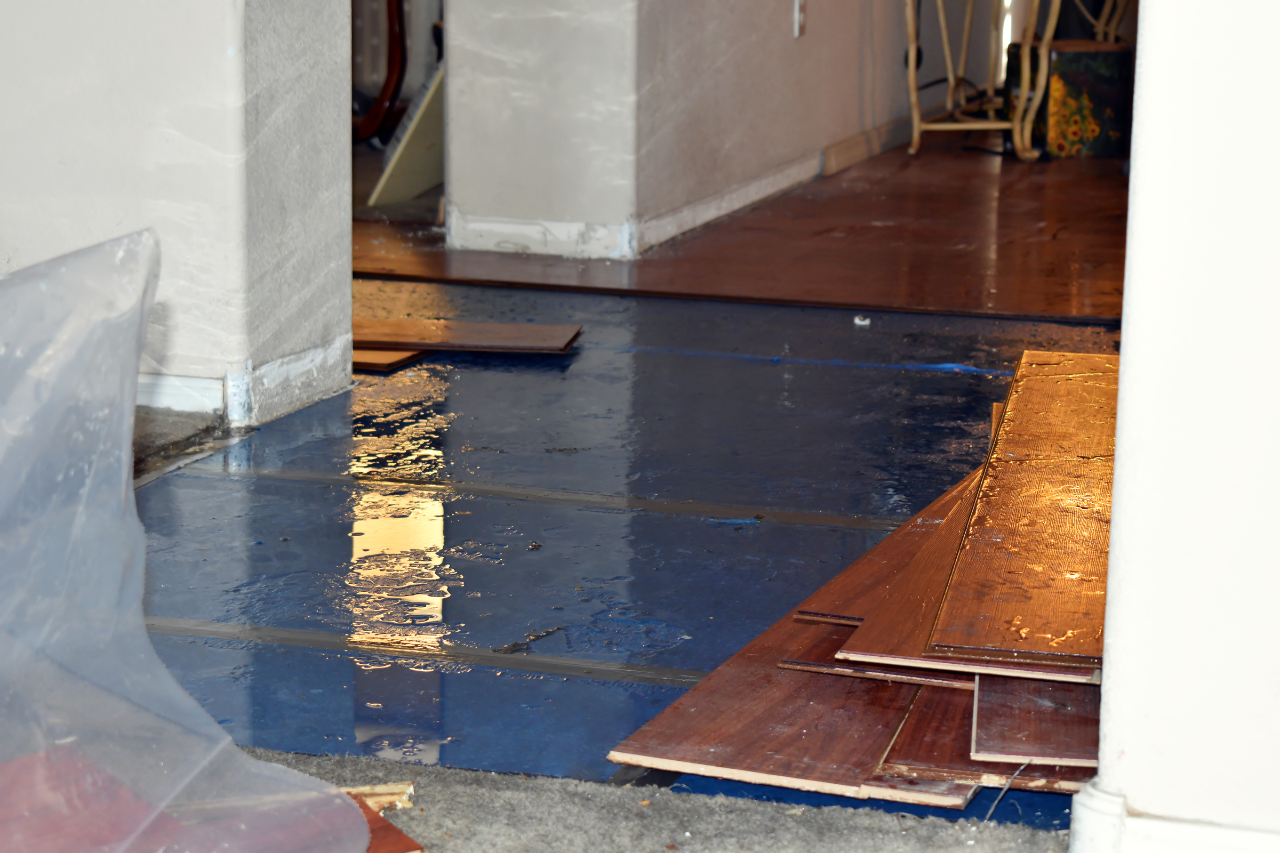Aviva Insurance et al v. Sahara Resturant, 2024 ONSC 1415
Reading Time: 4 minutes (approx.)
By: Alexandre Doucet (Articled Clerk)
On January 1, 2018, a water pipe in the sprinkler system of the Sahara Restaurant (the Restaurant) burst, causing damage to the Restaurant’s property and some of its contents. At the time of the incident, Sahara Restaurant had a valid insurance policy (the Policy) with Aviva (the Insurer) that included certain coverage for water damage claims. The Restaurant notified the Insurer of the incident promptly and Aviva’s adjusters attended the site to investigate the following day. The Policy included statutory condition 14 which set out a one-year limitation period to commence a claim and incorporated language from section 148 of the Ontario Insurance Act (the Act).
The Insurer advised the Restaurant of the one-year limitation period in a correspondence dated May 30, 2018, which referred to the limitation date (January 1, 2019). Payment was made for a specific number of items within the Restaurant which were damaged in the incident, but Aviva rejected other claims on the basis that those losses weren’t within the policy’s coverage. On July 24, 2019, the Restaurant demanded appraisals be conducted on the rejected claims; however, on September 24, 2019, the Insurer stated it would not be participating in the appraisal process, citing the limitation period. The Restaurant then initiated legal action, filing the Statement of Claim on January 29, 2020.
There were three central issues: firstly, was the Restaurant’s Statement of Claim valid despite the expiry of the one-year limitation period in the Policy; secondly, did the Insurer engage in conduct that would allow the extension of a limitation period; and thirdly, could the Restaurant invoke the right to appraisal under section 148 of the Act.
Regarding the first two issues, Justice Wilkinson determined that the limitation period was definitive, and that the Restaurant had faced no undue hardship or obstructions that prevented it from meeting the January 1, 2019, deadline. The Statement of Claim was therefore in breach of the limitation period. Further, Justice Wilkinson found no elements of bad faith; Aviva’s correspondence to the Restaurant reminding it of the January 1, 2019, limitation date helped cement this fact. The communication between the parties, although extensive, did not delay the original timeline or prevent the Restaurant from adhering to the limitation period restriction. Ultimately, the court found that the Restaurant’s Statement of Claim was invalid as it had been filed after the limitation period had expired and the Insurer did not engage in conduct that would extend this period.
Regarding the third issue, Justice Wilkinson explained that an application to a right of appraisal is of no force and effect when a claimant’s right to pursue a claim against an insurer has extinguished by the expiration of a limitation period (paragraph 45). The Ontario Superior Court dismissed the Restaurant’s application.
Link: https://www.canlii.org/en/on/onsc/doc/2024/2024onsc1415/2024onsc1415.html




